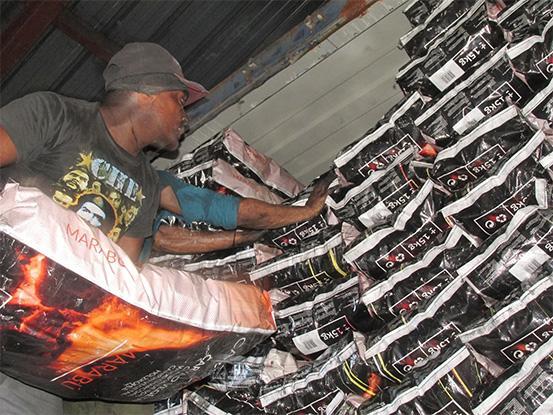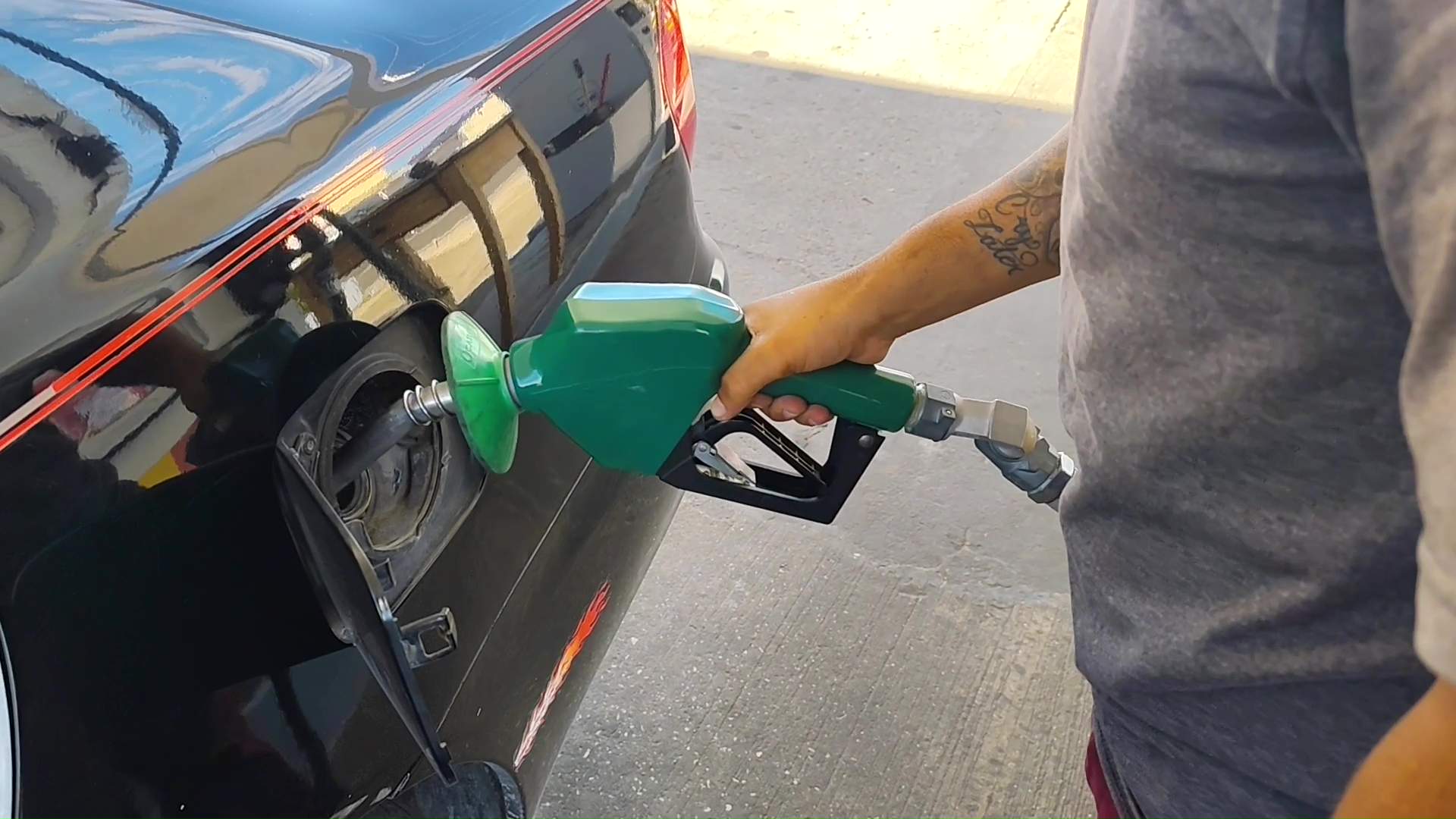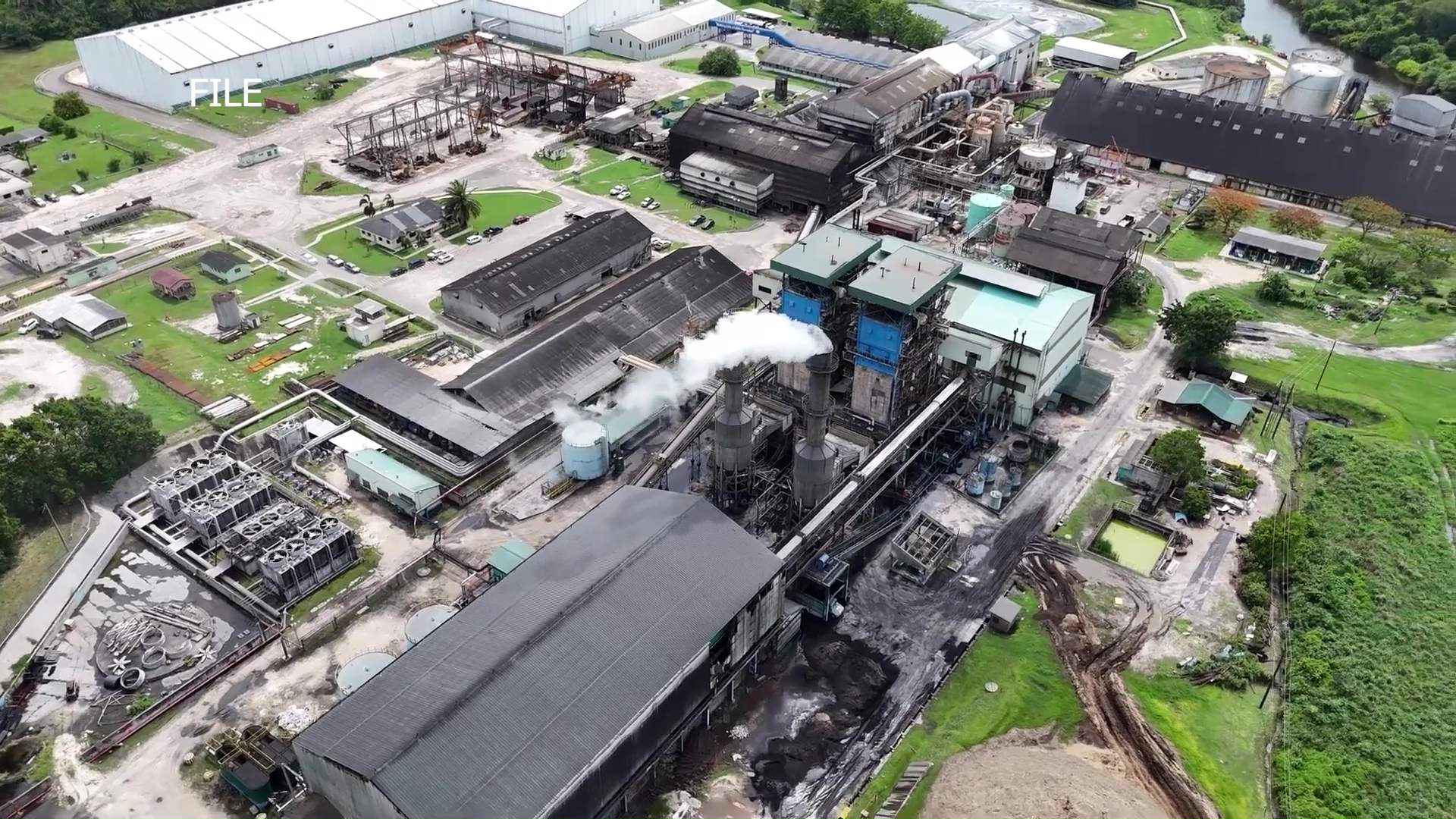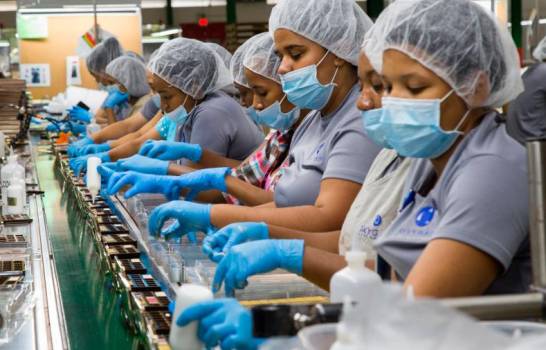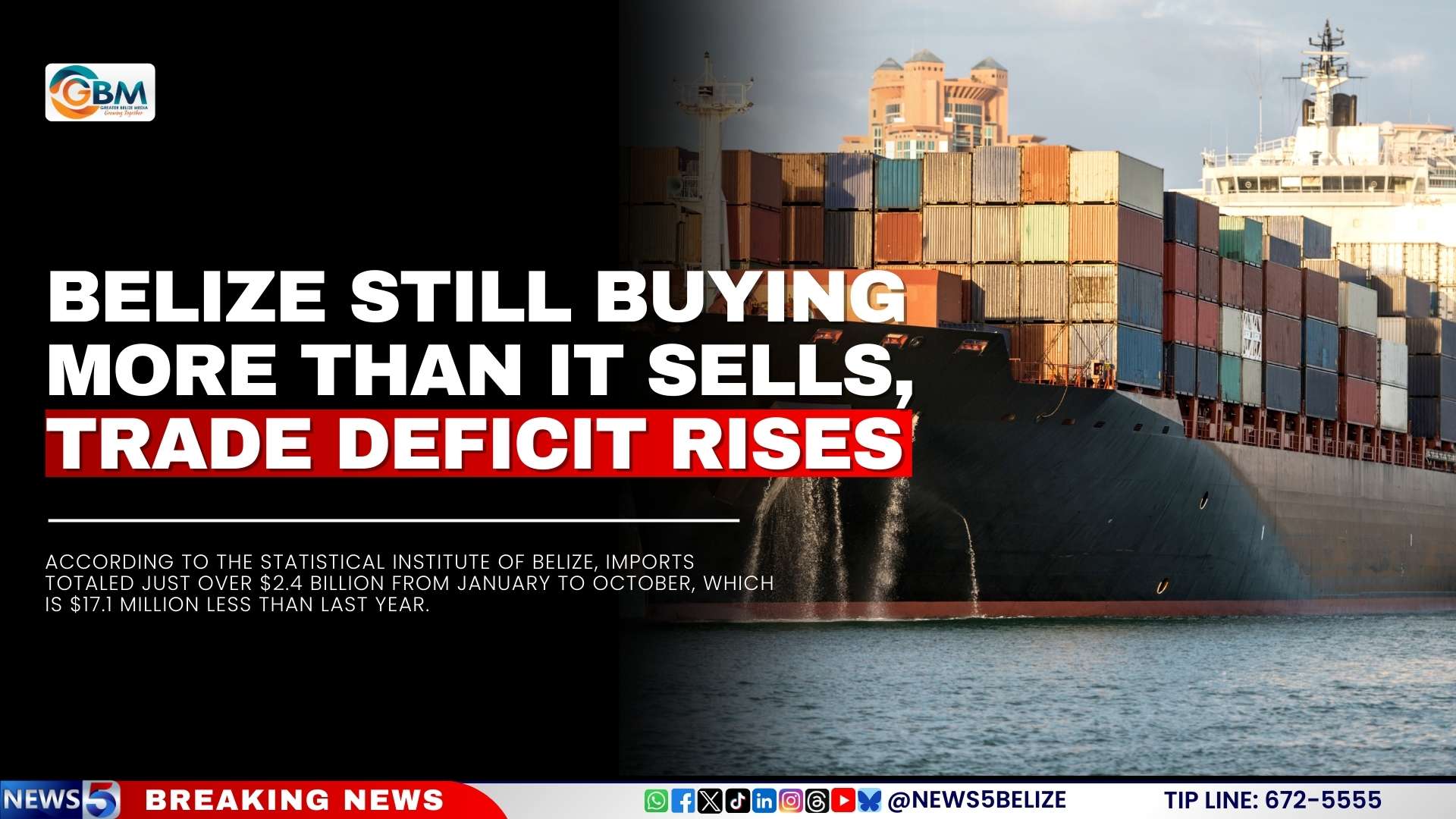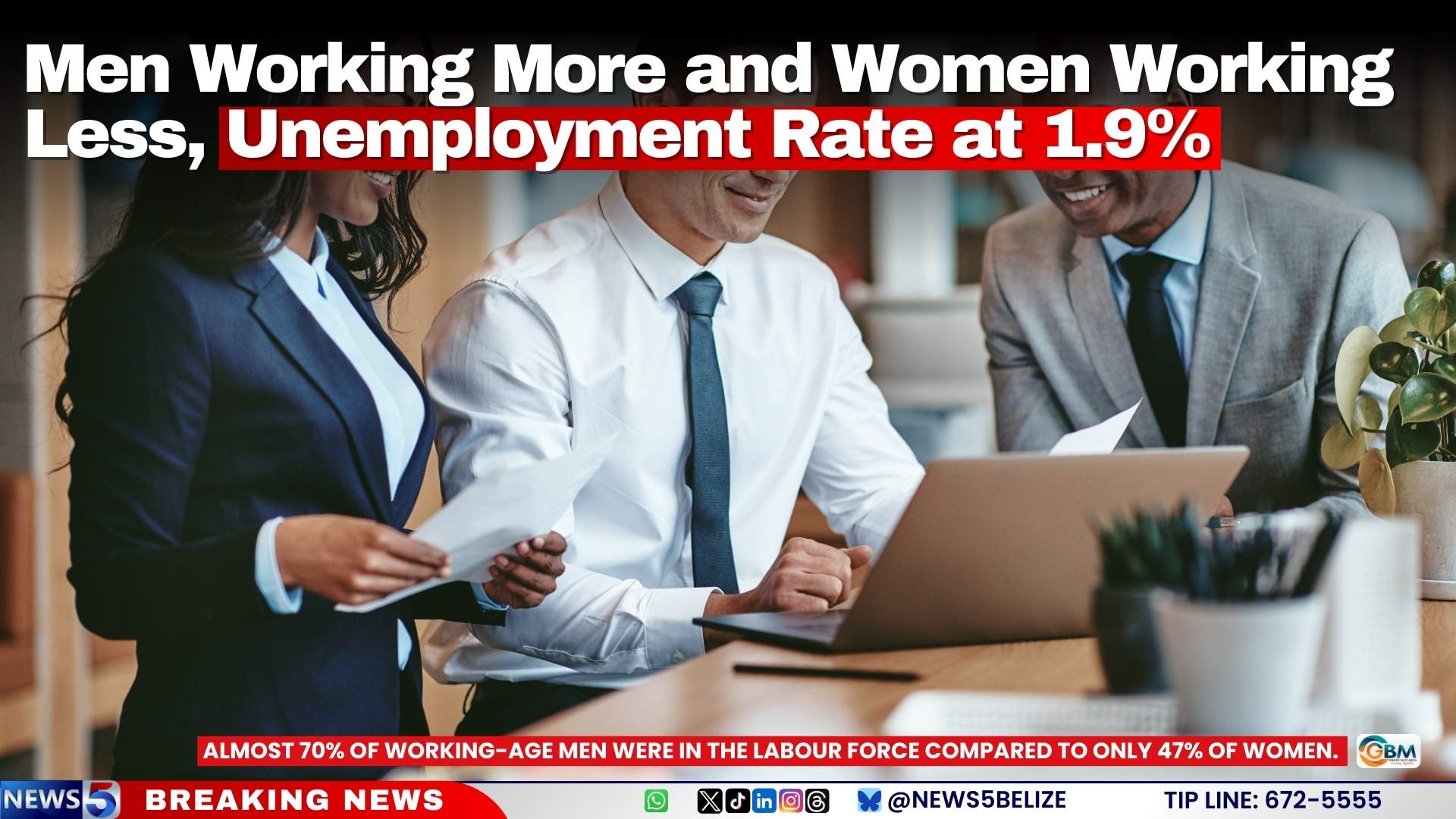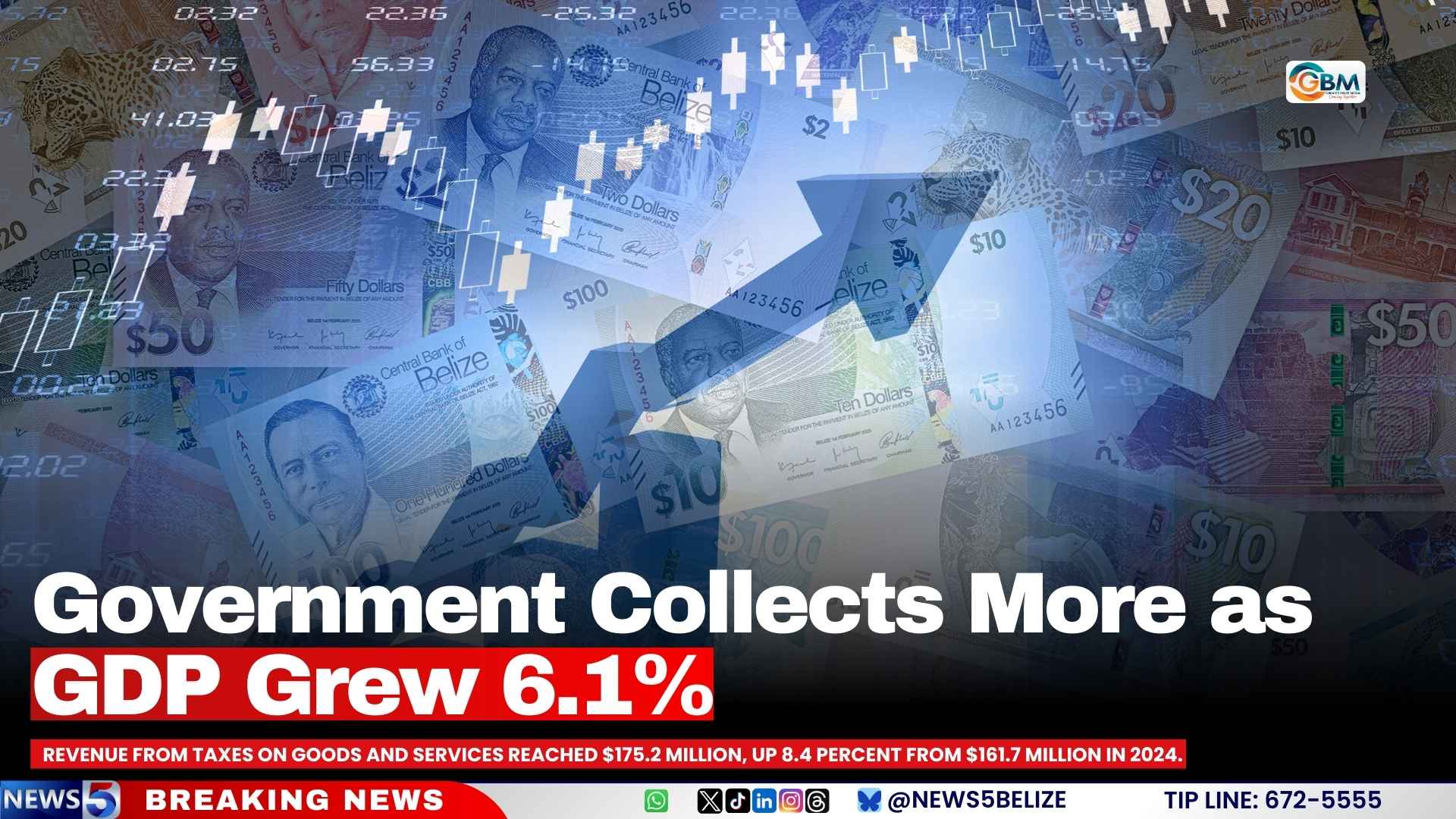Cuba has enacted sweeping financial reforms through Decree Law 113, establishing a comprehensive framework for foreign currency management and allocation. This landmark legislation, published in the Official Gazette, represents a fundamental shift in Cuba’s economic policy aimed at macroeconomic stabilization and growth stimulation.
The new mechanism allows multiple currencies to function as legal tender alongside the Cuban peso, marking a departure from previous restrictions that limited transactions to domestic currency. The reform applies to Cuban, foreign, and mixed legal entities, as well as individuals engaged in productive activities or economic transactions involving foreign currency instruments.
Under the leadership of the Ministry of Economy and Planning (MEP) and the Central Bank of Cuba (BCC), the system will prioritize export activities, production linked to export sectors, import substitution initiatives, and other ventures that contribute to increasing foreign currency revenues. The regulations establish procedures for entities to retain significant portions of their foreign currency earnings, ensuring liquidity and operational flexibility.
Central Bank President Juana Lilia Delgado Portal emphasized that this represents a higher-level legal regulation updating previous provisions. The framework introduces Foreign Currency Access Capacity Allocation (ACAD), authorizing economic actors who don’t generate foreign currency to purchase it from the Central Bank at official exchange rates for priority activities.
Economy Minister Joaquín Alonso Vázquez outlined four fundamental objectives: organizing the foreign currency management system, regulating transactions based on existing accounts or ACAD allocations, defining legal access to foreign currency, and specifying which economic transactions will be conducted in foreign currency.
The reforms are designed to stimulate export revenues rather than recirculate existing currency within the national economy. The measures also encourage import substitution, development of legal currency access mechanisms, and expansion of foreign currency-generating activities including e-commerce with international payments.
Authorities indicate these changes represent an interim step toward establishing necessary macroeconomic conditions for eventual restoration of the Cuban peso’s convertibility in a transformed foreign exchange market.
